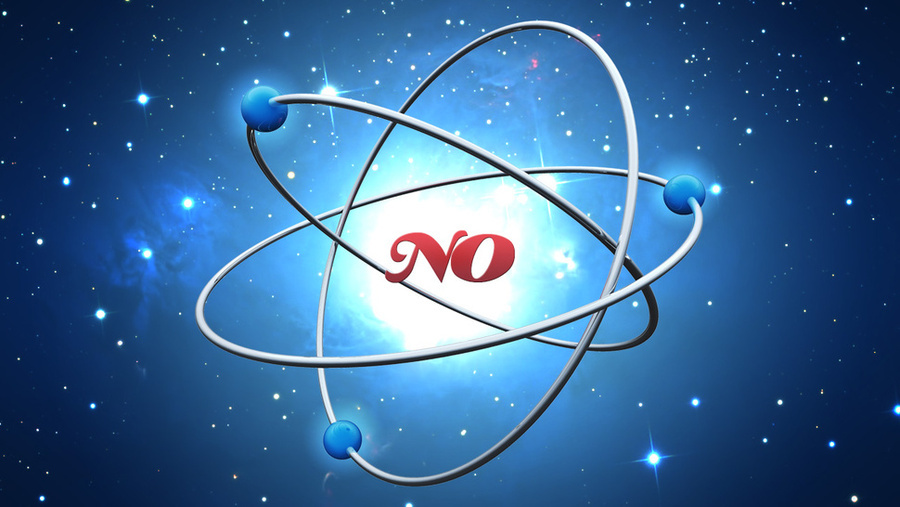A Scientific Guide to Saying No: I DON'T vs I CAN'T
Soyeun Choi stashed this in Brain Food
Source: http://lifehacker.com/a-scientific-guide-to-saying-no-1293242273
Readability version: http://www.readability.com/read?url=http...
Stashed in: #lifehacks, Science!, Motivation, Influence!, Words!, Practice, Retweet this., Focus!, Inclusion, Fitspo, Communication, @ifindkarma, Productivity, @bakadesuyo, Awesome, Buffer, Favors!, Feedback, Psychology!, Willpower!, Nutrition!, NO., Life Hacks, Give and Take, NOPE., Rituals
Please don't use this information against me when I need a favor someday! :)
I don't make promises I can't keep.
Your words help to frame your sense of empowerment and control. Furthermore, the words that you use create a feedback loop in your brain that impacts your future behaviors. For example, every time you tell yourself “I can’t,” you’re creating a feedback loop that's a reminder of your limitations. This terminology indicates that you’re forcing yourself to do something you don’t want to do. In comparison, when you tell yourself “I don’t,” you’re creating a feedback loop that reminds you of your control and power over the situation. It’s a phrase that can propel you towards breaking your bad habits and following your good ones.
Heidi Grant Halvorson is the director of the Motivation Science Center at Columbia University. Here’s how she explains the difference between saying “I don’t” compared to “I can’t”:
“I don’t” is experienced as a choice, so it feels empowering. It’s an affirmation of your determination and willpower. “I can’t” isn’t a choice. It’s a restriction, it’s being imposed upon you. So thinking “I can’t” undermines your sense of power and personal agency.
In other words, the phrase “I don’t” is a psychologically empowering way to say no, while the phrase “I can’t” is a psychologically draining way to say no.
Here's the original research:
In a research study published in the Journal of Consumer Research, 120 students were split into two different groups. The difference between these two groups was saying “I can’t” compared to “I don’t.” One group was told that each time they were faced with a temptation, they would tell themselves “I can’t do X.” For example, when tempted with ice cream, they would say, “I can’t eat ice cream.” When the second group was faced with a temptation, they were told to say “I don’t do X.” For example, when tempted with ice cream, they would say, “I don’t eat ice cream.”P
After repeating these phrases, each student answered a set of questions unrelated to the study. Once they finished answering their questions, the students went to hand in their answer sheet, thinking that the study was over. In reality, it was just beginning. As each student walked out of the room and handed in their answer sheet, they were offered a complimentary treat. The student could choose between a chocolate candy bar or a granola health bar. As the student walked away, the researcher would mark their snack choice on the answer sheet.P
Here’s what happened:P
The students who told themselves “I can’t eat X” chose to eat the chocolate candy bar 61% of the time. Meanwhile, the students who told themselves “I don’t eat X” chose to eat the chocolate candy bars only 36% of the time. This simple change in terminology significantly improved the odds that each person would make a more healthy food choice.P
There's a second study that shows even more strongly why "I DON'T" works best:
http://lifehacker.com/a-scientific-guide-to-saying-no-1293242273
So very cool. The power of language creating subconscious anchors for our conscious framing of reality is undeniable.
Yes!
Here's another article about that:
http://pandawhale.com/post/40571/trying-to-lose-weight-willpower-is-more-than-saying-i-wont
Summary: "I WILL" and "I WANT" are more powerful than "I WON'T".











10:48 PM Sep 12 2013